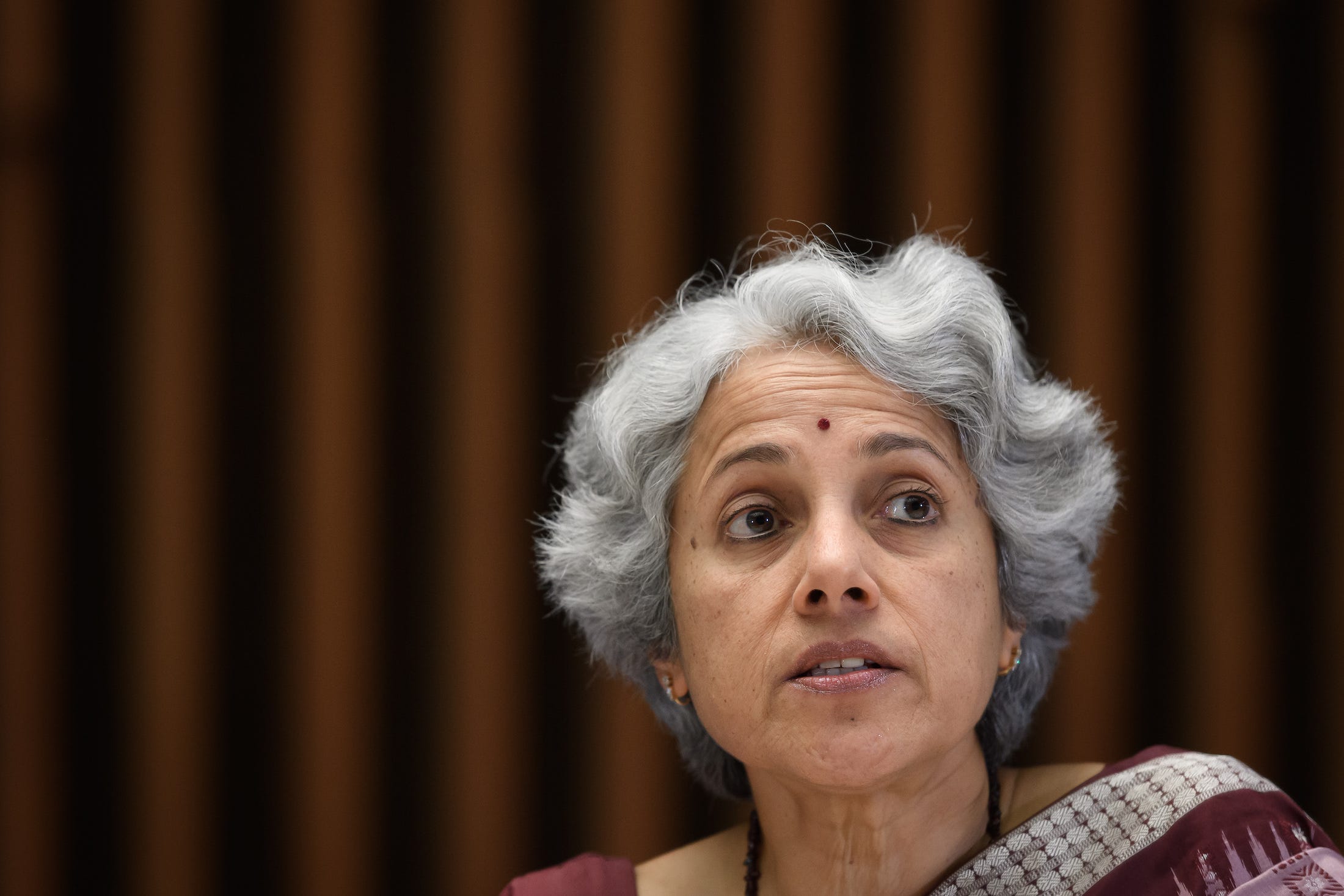
Fabrice Coffrini / AFP via Getty Images
- Healthy young people might not receive the coronavirus vaccination until 2022, the World Health Organization (WHO) has said.
- The WHO’s chief scientist Dr. Soumya Swaminathan said Wednesday that she hoped at least one COVID-19 vaccine would be approved by 2021, but that it would likely be available in “limited quantities.”
- Public health officials will focus on vaccinating the elderly and other vulnerable groups first.
- “There will be a lot of guidance coming out, but I think an average person, a healthy young person might have to wait until 2022 to get a vaccine,” she said.
- Visit Business Insider’s homepage for more stories.
Young people may have to wait until 2022 to receive a coronavirus vaccine, the chief scientist at the World Health Organization (WHO) has said.
Dr. Soumya Swaminathan said Wednesday that she hoped a vaccine would be approved by 2021, but that it would likely be available in “limited quantities.”
Health workers, the elderly, and other vulnerable groups would be vaccinated first — potentially leaving others to wait until 2022, she said.
“There will be a lot of guidance coming out, but I think an average person, a healthy young person might have to wait until 2022 to get a vaccine,” she said.
“People tend to think that on the first of January or the first of April, I’m going to get the vaccine, and then things will be back to normal,” Swaminathan said. “It’s not going to work like that.”
Guidelines for how to prioritize vaccines among different groups of people were published by the WHO's strategic advisory group of experts on immunization (SAGE) in September. Swaminathan said the WHO was still working out exactly who should be vaccinated first.
None of the WHO, the European Union, or the US have yet approved a vaccine against COVID-19. Russia approved a vaccine in August, without widespread testing.
More than 10 coronavirus vaccines worldwide are in late-stage clinical trials, Swaminathan said. As each vaccine is approved, SAGE will publish guidance on how to distribute it.
The head of the WHO, Tedros Adhanom Ghebreyesus, said Monday that allowing COVID-19 to spread freely in the hope of achieving herd immunity is "simply unethical." A vaccine was the only route to herd immunity, he said.
